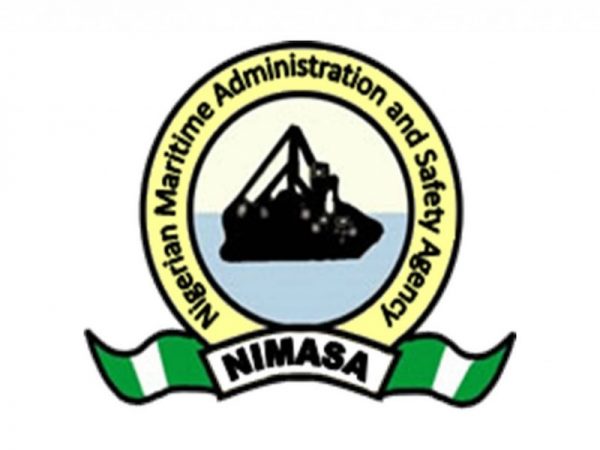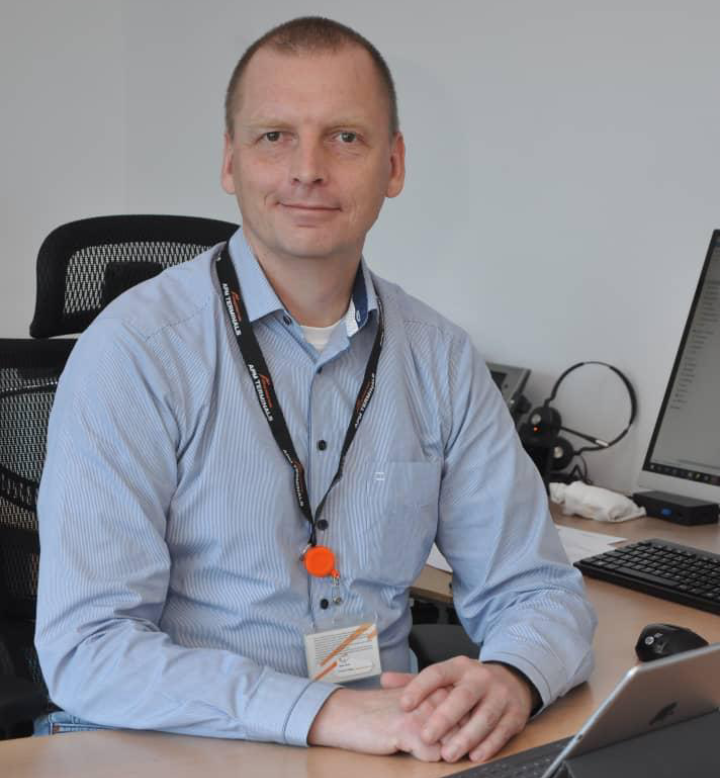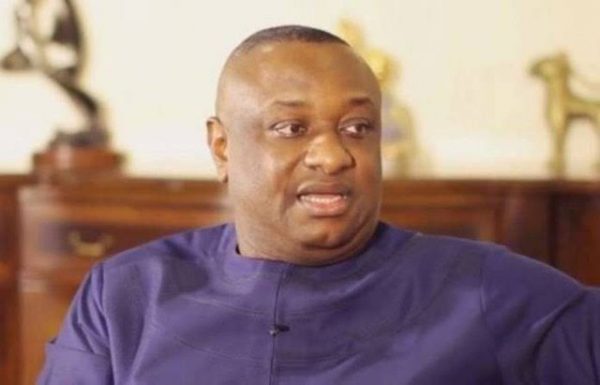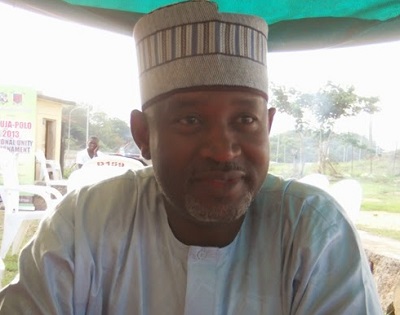Crude Affreightment: No Indigenous Operator Has Benefitted From NIDAS Operations
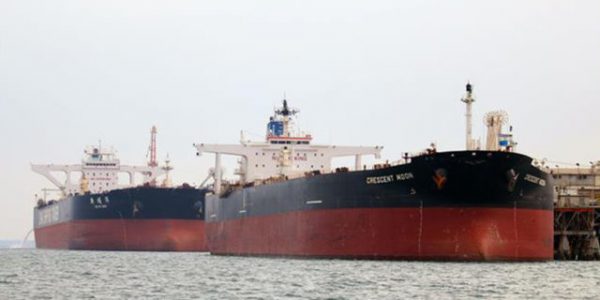
* National Assembly proposes new local content law
By Kenneth Jukpor
Despite Nigerian National Petroleum Corporation (NNPC) reloading it’s shipping arm, NIDAS Shipping expected to boost local content, no Nigerian ship owner has benefitted from the carriage of Nigerian crude since NIDAS came onboard.
The decision to use NIDAS was seen as a development to boost local content when it was re-introduced in 2018 but the move is yet to see indigenous operators benefit in crude affreightment.
The Managing Director of Sopetro Marine Limited, Mr. Mina Oforiokuma revealed this during an exclusive chat with MMS Plus newspaper last week on the sidelines at the maiden edition of Lagos International Shipping Expo organized by Ship Owners Association of Nigeria (SOAN), last week.
The re-introduction of NIDAS has seen the company enjoy and optimize right of first refusal offer in the NNPC annual crude oil term and Direct-Sale-Direct Purchase (DSDP) agreements with off-takers. However, the success of other nations like Brazil and Malaysia where the shipping arm of their respective oil corporations, Petrobras and Petromas attained hundreds of oil vessels, is yet to materialize in Nigeria.
Consequently, Nigerian oil and gas sector stakehokders have lampooned NNPC for its inability to manage a transport arm for the purpose of carrying the nation’s oil even as the NNPC shipping subsidiary the right of first refusal in freighting of cargoes.
Speaking with MMS Plus last week, the Managing Director, NIDAS Shipping, Mr. Sade Lawal assured that the organization was taking steps in the right direction to ensure indigenous operators participate in the business.
However, he admonished operators to see NNPC as an agency of government with the interest of the nation at heart and approach the organization with their concerns and issues as the Corporation existed to serve Nigerians.
Lawal didn’t want to be drawn into an extensive chat to reveal the actual gains of NIDAS since it was refloated in 2018.
Recall that NIDAS’s re-entry was tipped to be in tandem with the ongoing strategic re-engineering of some NNPC subsidiaries to ensure multiple income streams and value addition to the national oil company, in line with the aspiration of NNPC to regain its market position and prioritize indigenous operators.
Speaking on this further on this, Mr. Mina Oforiokuma who is also a Governing Council member of the Nigerian Content Development and Monitoring Board (NCDMB), said, “NIDAS shipping is not misplaced, I wouldn’t agree with that. NIDAS shipping is playing a great role because as an arm of NNPC, NIDAS shipping was created about 12 years ago as a joint venture between Nigeria and Daewoo Shipping. Daewoo Shipping moved out and NIDAS continued on its own as a shipping arm of NNPC”
“Today NIDAS is responsible for 100% of our import cargoes. NIDAS charters most of the vessels coming in from Europe and the Far East with our gasoline cargoes to Nigeria. I must say that im October, 2018. NIDAS for the first time put themselves in a position whereby they became chatterers of those vessels. Prior to 2018, most of the cargoes that were coming in were just been nominated by our DSDP partners without any recourse to NIDAS. NIDAS, as the Nigerian arm is shipping the cargoes on behalf of their principal which is NNPC” he said.
Despite stating that the reintroduction of NIDAS has reflected in Nigerian ship owners playing a role in the carriage of crude, Mina expressed optimism that the organization would help build the maritime capabilities of indigenous operators.
“Today, the Managing Director of NIDAS, Mr. Sade Lawal who represented the GMD NNPC has made some progress. In the last one year, Lawal who is a marine expert, has developed these marine capabilities to support these activities. How does that filter down to the rest of the Nigerians? It starts from them. They know where their opportunities are, where the gaps are and I believe that they will eventually go down the scale and evolve Nigerian operators in chattering those vessels or brokering those vessels to bring our cargoes into Nigeria” Mina said.
Meanwhile, speaking with MMS Plus on the need to develop local content in crude affreightment, the Chairman, Nigerian Content Development and Monitoring Committee at the House of Representatives, Hon. Legor Idagbo lamented that it was an appalling scenario to see expatriates doing expatriates any job that a Nigerian is qualified to do.
Idagbo assured that the Senate was working assiduously to ensure that there were sufficient laws to support local content development in shipping and across other sectors.
“If a Nigerian is not immediately qualified for that job, there should be a local content programme to transfer that technology within a couple of years so that we can take charge of our economy. Moving forward, we can develop capacity of Nigerians, not only in Nigeria, but they can go outside the shores of Nigeria and bid for jobs outside the country and also do well in the oil, maritime and every other sectors. It is not rocket science, the Chinese and the Americans are doing it, we as Nigerians can also do it. So we need the support of all Nigerians in what the committees have to do. Importantly, we want to amend the Nigerian Content Act and we are saying that we need all stakeholders’ support. Let’s see where the flaws existed in the previous act, so we can look at all of that and come up with a robust act that will give Nigerians a better deal, the oil and gas industry, marine industry and in every other critical sectors of the economy”, he said.
According to him, a new local content law would be passed in 2020.
“The new law that we are going to pass by the end of next year would capture all of this issues and ensure adequate transfer of technology in every sector. Infrastructure, telecommunications, information and communication technology, solid minerals and other sectors. There must be transfer of technology, there must be comprehensive programs to build capacity of Nigerians and avenues to give Nigerians jobs in all the sectors” he told our correspondent.



